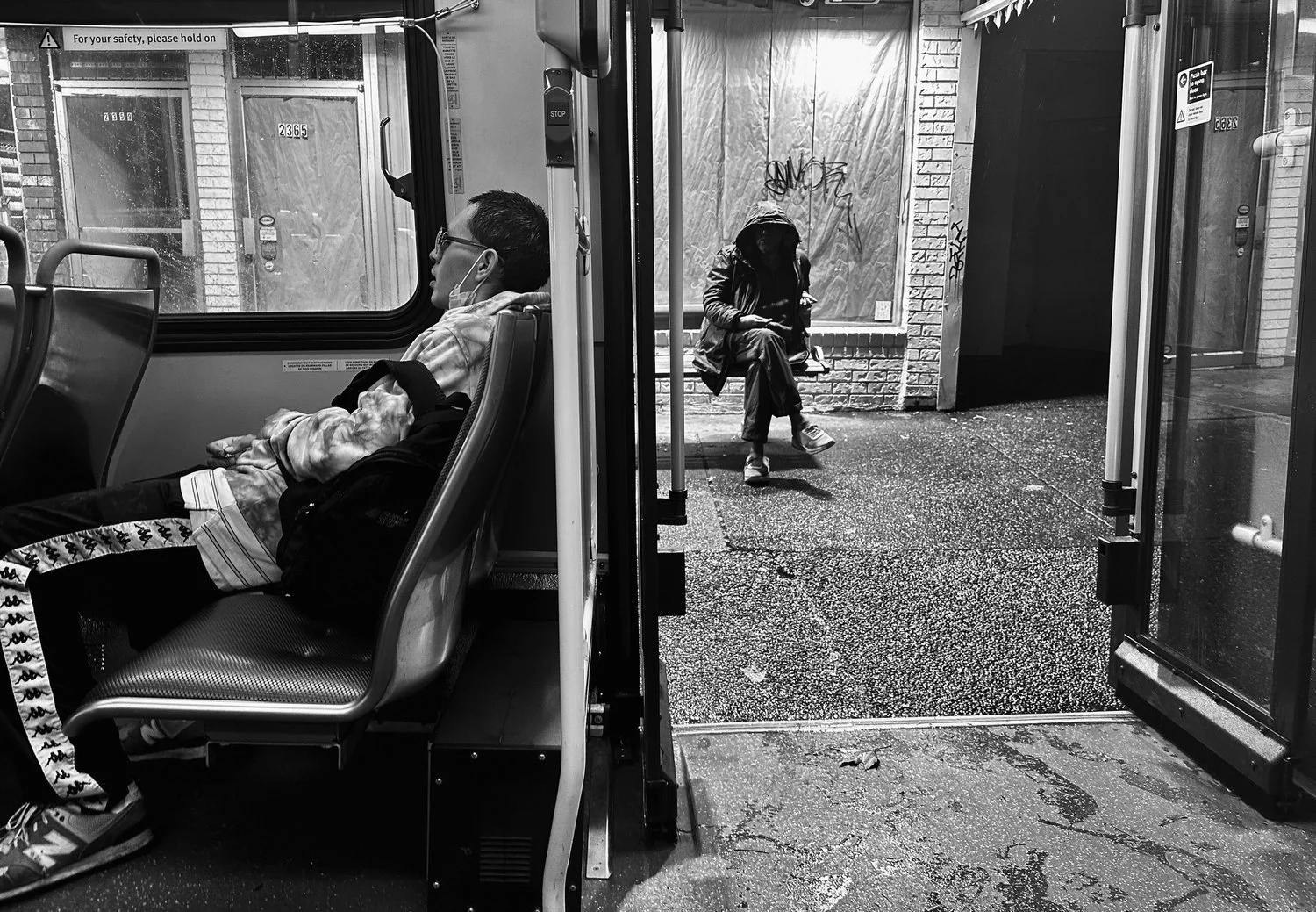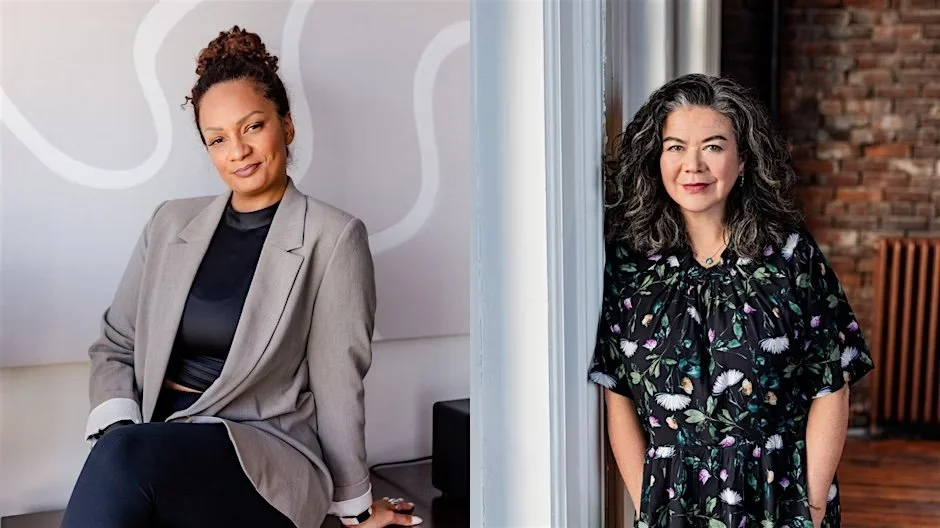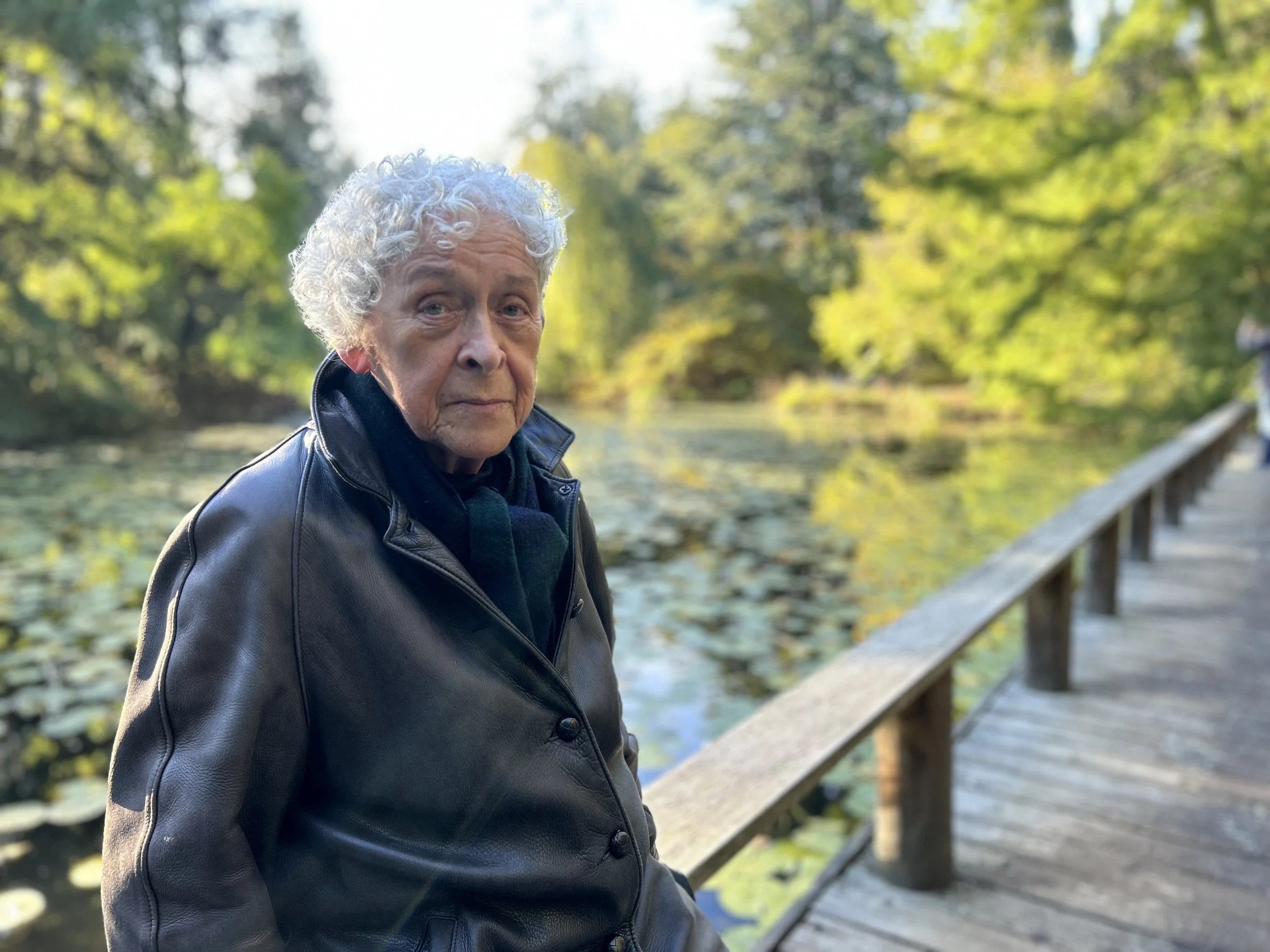Wade Davis shares the beauty and wonder of Colombia in Magdalena: River of Dreams
The world-renowned B.C.-based explorer’s lyrical new book reveals why the Latin American nation set him free
Wade Davis was a teenager when he first visited Colombia. His latest book, Magdalena: River of Dreams, is a love letter to the remarkably diverse country.
Wade Davis appears at the Whistler Writers Festival on October 17 and the Vancouver Writers Fest on October 21 via Zoom.
EVER SINCE HE was 14, Wade Davis has been travelling.
His work as an ethnobotanist, anthropologist, author, filmmaker, lecturer, and former National Geographic Explorer in Residence has taken him all over the world, from the salt mines of Mali to the horse nomads of Mongolia. A professor of anthropology and the Leadership Chair in Cultures and Ecosystems at Risk at UBC, he has always been intrigued by the relationship between cultures and their natural environments. In researching the creation of zombies in Haiti, he participated in voodoo society; to collect botanical specimens in the Amazon and Andes, he lived for three years among 15 indigenous groups in eight nations. Of all the destinations that have inspired and enchanted him, however, only one has given him the feeling of freedom. That place is Colombia.
Davis’s new book, Magdalena: River of Dreams (Knopf Canada), is not a travelogue but rather a biography of the country in which he uses the magnificent river as a metaphor. Intimate, exhaustively researched, poetic, and utterly fascinating, Magdalena shows the side of Colombia that few westerners are familiar with.
Generally, stories of violence, drug cartels, and conflict in Colombia are what make headlines in North America. The nation has become a pariah because of cocaine, even though most citizens don’t use the illicit substance derived from coca, or what some spiritual leaders call “the divine leaf of immortality”. The country that Davis has come to know, by contrast, is breathtakingly beautiful, home to the greatest geographical diversity on Earth, from coastal lowlands to Andean cordillera, and more species of birds than any other nation. After 50 years of civil war, its people, strong and resilient, are desperate for peace.
Rio Magdalena consists of three sections, Alto, Medio, and Bajo (high, middle, and low), each with its own character, history, and culture. Davis spent extended amounts of time exploring them all to write his 23rd book. The idea for it came to him around 2014, but he fell in love with Colombia decades earlier.
Davis was just a teenager when his mom, a secretary, decided that he should go to Latin America with a group of school boys to learn Spanish, which she viewed as the language of the future. Consider the fact that most American and Canadian families had never boarded an airplane in 1968 to get a sense of just how brave and determined this woman was to help her son get a leg up. (His father was an accountant, and Davis recalls that while his parents were solid, decent human beings, they were hardly adventurous.)
In an interview with Stir that ranges from feminism to Fox News, Davis says that in the late 1960s, Colombia was a very long way away. He was the youngest student on the trip and the only one who never got homesick.
“When I went to Colombia, I had been very unhappy at school in Montreal, and the idea that you could turn up in Colombia and suddenly reinvent yourself, become a different person, be who you wanted to be as opposed to who you were being made to be—I think that’s one of the things people love about travel,” Davis says. “People often say the tourist doesn’t know where they’ve been, and the traveller doesn’t know where they’re going, and that’s not just a physical place.
“Travel is pilgrimage when it’s done properly, and pilgrimage by definition is when you leave one known place and you enter a liminal space of uncertainty and you acquire some kind of insight and bring it all back home,” he says. “If you go off for a year on the open road and you don’t come back an utterly transformed being, what was the point? Colombia gave purpose to a life; it gave me the wings to fly. When I land in Colombia something goes off in my whole being. It’s hard to explain, but it is a licence to be free.”
On his mother’s insistence, Davis’s parents used half of their savings to send him and his siblings to Harvard University. There, he earned his anthropology and biology degrees and a PhD in ethnobotany.
He returned to Colombia over the years in between all of his other international travels. His 1997 book, One River: Explorations and Discoveries in the Amazon Rain Forest, came out in Spanish in Colombia in 2002, and citizens embraced him for his thoughtful, respectful, and realistic representation of their spirit and culture; they were moved (sometimes to tears) to see themselves portrayed in a positive light. Magdalena continues that conversation. Former president Juan Manuel Santos, who won the Nobel Peace Prize in 2016, recently Tweeted to his 5.5 million followers that all Colombians should read it.
While the nation continues to heal, the greatest threats to the precarious peace process, Davis says, are negativity, cynicism, and despair.
“I think what Santos meant when he tweeted that out is that this is a book that holds a mirror to all that is great about Colombia,” he says. “If people are confident with who they are and what the nation really is, I think they’ll be much more inclined to support the process of peace or at least fight for the process of peace.
“A big part of what the book is suggesting is that Colombia not a place of violence or conflict,” he says. “The conflict wouldn’t have lasted a week without cocaine and the ultimate responsibility for Colombia’s agony truly does lie in the hands of everybody who’s ever used illicit cocaine and every nation that’s facilitated the black market by making the drug illegal but doing nothing seriously to curb its distribution. The real Colombia is place of natural beauty and biodiversity and culture.”
Davis, who became an honorary citizen of Colombia in 2018, will be speaking at the Whistler Writers Festival on October 17 and the Vancouver Writers Fest on October 21. At the Vancouver event, local journalist Ian Gill (a good friend) will interview him. Davis won’t read from his book, a common practice among authors that he’s not crazy about; he likes that fests provide a rare opportunity to hear the person behind the words.
When it comes to what makes good writing, Davis recalls the words of Ernest Hemingway, who once said the most important credential for writers is to say something the world needs to hear. Too often, travel writing features excessive focus on self, which is equivalent to the false heroics of exploration, Davis says. He takes pride in minimizing the use of the word “I”.
“One of the things I always tell young writers is that you don’t need to be there,” Davis says. “What you want to do is express your presence by the quality of your prose. If you evoke the atmosphere of the monastery or the cathedral or the wild streets of Barranquilla during Carnival, every reader will know you were there. If you say “I got up in the morning, I ate my breakfast, I walked out into the street, I, I, I, I, I…’ It’s a cheap way of writing.”
Davis’s most recent visit to Colombia, where he was recording an audio edition of the book, ended on March 3. He had a frenetic spring schedule with visits to seven countries and 30 speeches, plans that “went to the car wash” with the pandemic.
While you might assume that not being able to travel would drive Davis insane, he says he is enjoying time at home on Bowen Island, where he lives with his wife, Gail Percy. They have two grown daughters, one of whom lives in Squamish, the other in the United States. His work is his life; he’s never at a loss for things to do, or for words. His August 6 article for Rolling Stone, “The Unraveling of America”, about the disastrous impact the pandemic has had on the international reputation of the U.S., trended on the site for five weeks and has drawn more than 362 million impressions. (Of Donald Trump, Davis says: “He’s done so much to destroy the soul of America it’s almost immeasurable; it’s absolutely Shakespearean.”)
Davis gets his news mainly from the Economist and doesn’t use Facebook. While he strives to be humble, he plans to keep writing things the world needs to hear.
“Life’s a long race,” Davis says. “We live in a world of ephemera. It’s very difficult to know what will endure. At the end of the day, all that matters in terms of a person’s legacy is what endures….None of us can remember the many movies made of Faulkner’s books but we never forget his books.”














